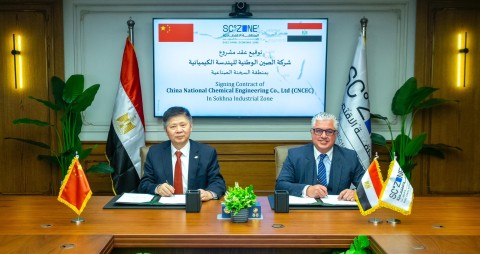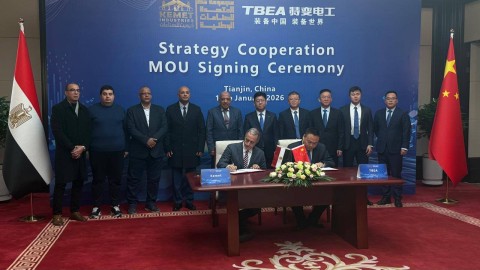China, the biggest investor in oilfields in the new nation of South Sudan, called for “calm and restraint” as a transit fee dispute threatened to cut off crude exports from the African producer.
South Sudan said on Friday it planned to halt oil production within two weeks after its northern neighbour Sudan started seizing southern crude to compensate for what Khartoum called unpaid transit fees.
“The Chinese side hopes that the two governments will fulfill their commitment to protecting the legal rights of Chinese enterprises and those of other partners,” Chinese Foreign Ministry Spokesman Liu Weimin said in comments posted on the ministry’s website on Saturday.
Sudan and South Sudan together made up 5 percent of China’s crude oil imports in 2011, or 12.99 million barrels, ranking seventh among China’s oil suppliers.
Chinese customs data does not differentiate imports from South Sudan, which seceded in July, taking with it about two-thirds of the formerly united country’s oil output.
“Oil is the economic lifeline shared by Sudan and South Sudan,” Liu said.
“We urge the two sides to remain calm and restrained, avoid taking any extreme action and continue working together with mediation by the African Union and other parties to resolve their dispute through negotiation at an early date and to benefit the two countries and their peoples,” he said.
China’s foreign ministry used nearly the identical wording when the transit fee dispute first surfaced in November .
It has sought to maintain good relations with both Khartoum, a long-time ally, and South Sudan, home to investment by state-owned Chinese oil giants China National Petroleum Corp and Sinopec.
China’s oil imports from Sudan grew by 3 percent in 2011, but average monthly volumes dropped to 998,000 tonnes from August on compared with 1.14 million tonnes per months in the first seven months of the year.
Source: Reuters Africa











